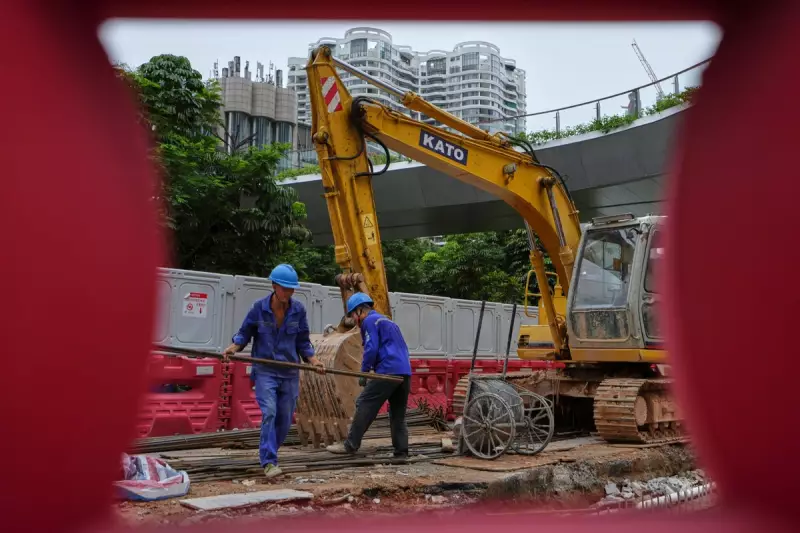
Hong Kong has ushered in a new era of tightened control as controversial national security legislation came into force, marking a significant shift in the city's legal landscape and raising alarm among Western nations.
What the New Legislation Means
The sweeping new laws, known locally as Article 23, criminalise a broad range of activities including treason, insurrection, espionage, and external interference. The legislation grants authorities extensive powers that critics argue could further diminish the city's fast-shrinking freedoms.
Hong Kong leader John Lee has championed the legislation as essential for protecting national security, stating the city now has "the responsibility and the obligation to complete this legislation." The government maintains the laws will protect business interests and maintain stability.
International Reaction and Concerns
The United States has expressed serious concerns about the legislation's potential impact on fundamental freedoms. A State Department spokesperson warned that the law "could be used to eliminate dissent in Hong Kong," echoing worries from other Western democracies.
Business communities are watching developments closely, with many concerned that the vague wording of certain provisions could create uncertainty for international companies operating in the Asian financial hub.
Historical Context and Future Implications
This legislation represents the second major national security law imposed on Hong Kong since 2020, when Beijing implemented its own security measures following widespread pro-democracy protests. The latest laws complete a process that began over two decades ago when Hong Kong's mini-constitution required the city to enact its own national security legislation.
As Hong Kong continues its transformation from a bastion of Western-style freedoms to a city firmly under Beijing's control, the international community faces difficult questions about how to engage with the former British colony while standing up for democratic values.





